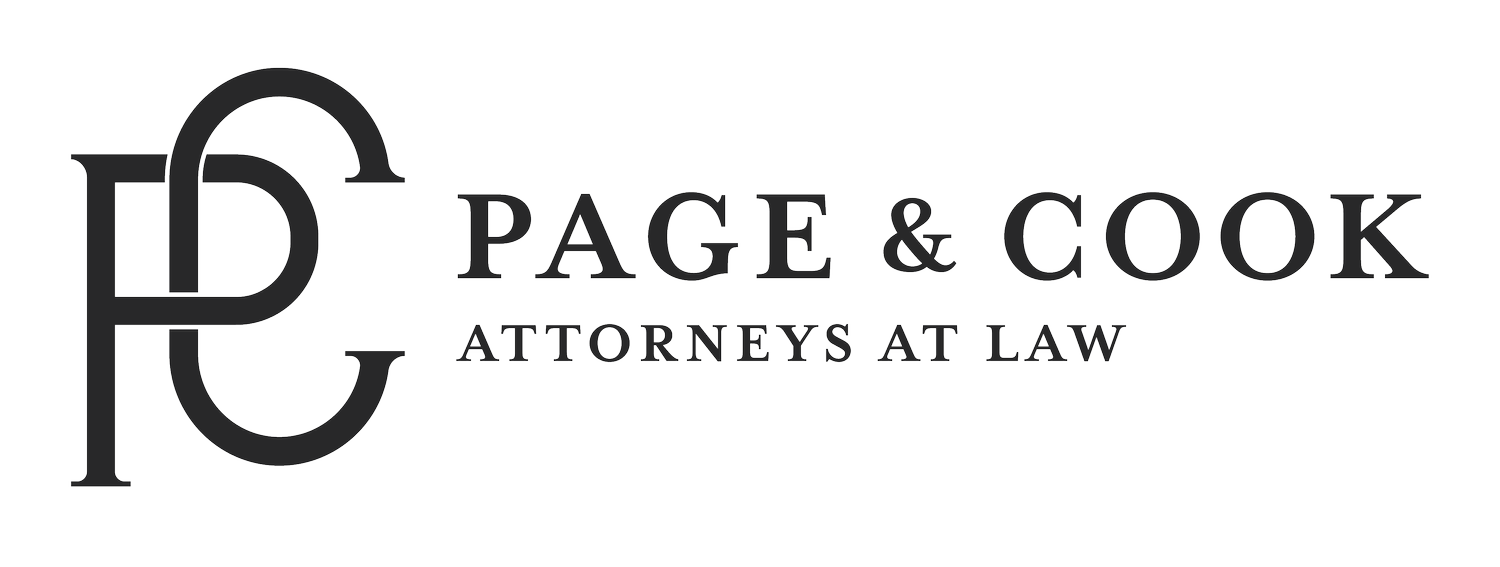Parental Alienation in Tennessee Child Custody Cases: Understanding the Impact and Seeking Resolution
Understanding Parental Alienation:
Divorces and child custody cases can be emotionally charged and complex, particularly when parental alienation enters the picture. “Parental alienation” is a term commonly used to describe the negative impression and attitude children may develop about one parent by listening to the words or following the actions of the other parent, and includes deliberate actions by one parent to undermine or manipulate the relationship between the child and the other parent. This can include making derogatory remarks about the targeted parent, restricting or denying visitation or communication, or attempting to erase the other parent from the child's life. Over time, these actions can cause the child to develop feelings of hostility, fear, and even rejection towards the targeted parent.
The Impact on Children:
Parental alienation can have severe and long-lasting consequences for children. When a child is subjected to parental alienation, they may experience emotional distress, anxiety, depression, and low self-esteem. The child's relationship with the targeted parent may become strained or severed, leading to a loss of an important emotional bond. Additionally, children who have been manipulated may struggle with trust and healthy relationship development in the future.
Tennessee Laws and Legal Approach:
Tennessee recognizes parental alienation as a significant issue in child custody cases. The state's laws prioritize the best interests of the child when making custody determinations. Under Tennessee law, courts consider a range of factors in making a best interest determination, including each parent's ability to foster a positive relationship with the child and promote the child's ongoing relationship with the other parent.
The preamble to nearly all Permanent Parenting Plans in Tennessee states as follows:
“The parents will behave with each other and each child so as to provide a loving, stable, consistent, and nurturing relationship with the child even though they are not married. They will not speak badly of each other or the members of the family of the other parent. They will encourage each child to continue to love the other parent and be comfortable in both families.”
Additionally, the statutory rights of parents are often included in a Permanent Parenting Plan, or other custodial Order, and includes the following:
“[Each parent has] the right to be free of unwarranted derogatory remarks made about such parent or such parent’s family by the other parent to or in the presence of the child.”
In cases where parental alienation is suspected, Tennessee courts may take several measures to address the issue. This can include ordering a comprehensive evaluation by a mental health professional to assess the situation and make recommendations for custody arrangements. The court may also issue orders prohibiting the alienating parent from engaging in specific behaviors that perpetuate the alienation.
Resolution and Support:
It is essential for parents dealing with parental alienation in Tennessee to seek legal counsel and provide evidence of the alienating behaviors. Page & Cook is experienced in the prosecution, and defense, of parental alienation cases and can help navigate the complexities of the legal process, present a compelling case to the court, and work towards a resolution that protects the child's best interests.
In addition to legal remedies, various therapeutic interventions can help families dealing with parental alienation. Family therapy, reunification therapy, and counseling for both the child and the alienating parent can assist in rebuilding and repairing damaged relationships.
Parental alienation in Tennessee child custody cases can have a devastating impact on children and families involved. By understanding the dynamics of parental alienation, recognizing its consequences, and seeking appropriate legal and therapeutic support, it is possible to address this issue effectively. The focus should always remain on protecting the child's well-being and promoting healthy relationships with both parents. With the right approach, it is possible to mitigate the effects of parental alienation and create a more nurturing environment for the child's growth and development.

